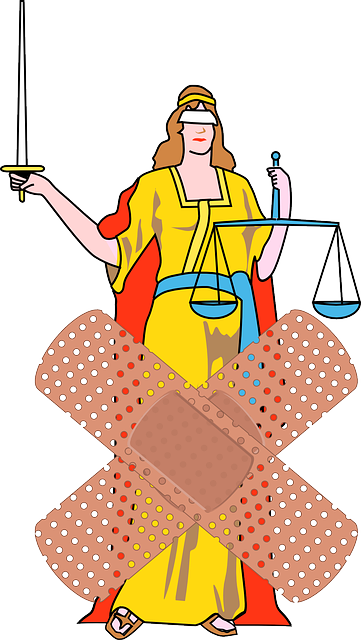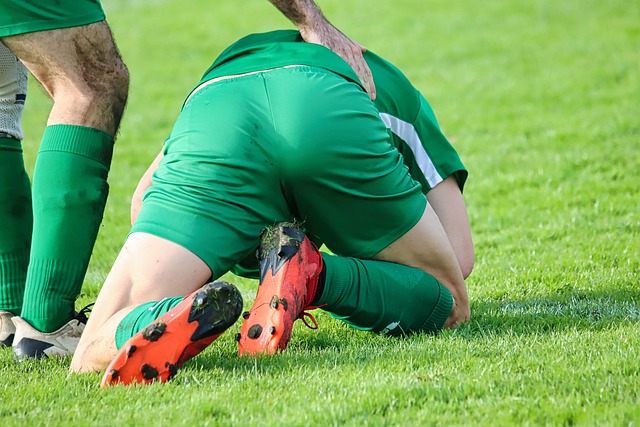In Peoria, personal injury laws protect individuals harmed by another party's negligence or intentional actions, with specific statutes of limitations for car accidents, slips and falls, medical malpractice, and wrongful death. Prompt action is crucial to preserve legal rights, as an Illinois statute of limitations generally stands at two years. Consulting an experienced attorney ensures proper documentation and evidence for a successful Peoria personal injury lawsuit, which follows a structured process from initial case assessment to court procedures and potential trial preparation.
Navigating a personal injury lawsuit in Peoria can be complex, but understanding your rights is crucial. This guide breaks down the process for filing a Peoria personal injury lawsuit, empowering you to seek justice and compensation after an accident. From grasping the fundamental personal injury laws specific to Peoria to recognizing when it’s time to take legal action, this article provides valuable insights. We’ll walk you through each step, ensuring you’re informed every step of the way.
- Understanding Personal Injury Laws in Peoria
- When to File a Personal Injury Lawsuit in Peoria
- The Process of Filing a Personal Injury Lawsuit in Peoria
Understanding Personal Injury Laws in Peoria

In Peoria, personal injury laws are designed to protect individuals who have suffered harm due to another party’s negligence or intentional actions. When navigating a personal injury lawsuit in Peoria, it’s crucial to understand these legal principles governing compensation and liability. The first step involves identifying the elements required to prove a case, such as duty of care, breach, causation, and damages. These components are fundamental to establishing liability and determining the merits of your Peoria personal injury lawsuit.
Additionally, Peoria’s legal framework provides guidelines for various types of personal injuries, including car accidents, slips and falls, medical malpractice, and wrongful death. Each category has specific time limits for filing a claim, known as statutes of limitations, which vary based on the type of injury and jurisdiction. Being aware of these deadlines is essential to ensure your rights are protected and you can pursue the compensation you deserve through a Peoria personal injury lawsuit.
When to File a Personal Injury Lawsuit in Peoria

In Peoria, individuals may consider filing a personal injury lawsuit when they’ve suffered significant harm due to another party’s negligence or intentional actions. Such incidents can include car accidents, slips and falls on someone else’s property, medical malpractice, or workplace injuries. The decision to file should be made promptly; in Illinois, the statute of limitations for personal injury cases is generally two years from the date of the incident. However, it’s crucial to act within this timeframe to preserve your legal rights.
When evaluating if a Peoria personal injury lawsuit is appropriate, consider the severity of injuries and damages. If you’ve incurred significant medical bills, missed work due to your injuries, or experienced pain and suffering, consulting with an experienced attorney can help determine if your case holds merit. An attorney will guide you through the legal process, ensuring all necessary documentation and evidence are in place before submitting a claim.
The Process of Filing a Personal Injury Lawsuit in Peoria

In Peoria, personal injury lawsuits are filed with a clear and structured process designed to ensure fairness and justice for all parties involved. The first step is to assess the viability of your case by consulting with an experienced Peoria personal injury lawyer who can evaluate the details of your incident, including medical records, police reports, and witness statements. If your lawyer determines that you have a strong case, they’ll guide you through the legal process.
This involves filing a complaint with the appropriate court, which must include specific details about the incident, damages incurred, and the reasons behind your lawsuit. Once filed, the defendant(s) will be served with the complaint, triggering a series of events including their response, discovery (where both parties exchange relevant information), and potential negotiations or trial preparation. Each step is crucial in navigating the complexities of a Peoria personal injury lawsuit, ensuring that your rights are protected throughout.
If you’ve suffered an injury due to someone else’s negligence in Peoria, understanding your legal rights and options is crucial. By knowing when and how to file a Peoria personal injury lawsuit, you can navigate this complex process with confidence. Our guide has provided insights into the local laws and steps involved, empowering you to take control of your situation and seek the compensation you deserve for your Peoria personal injury claim.
